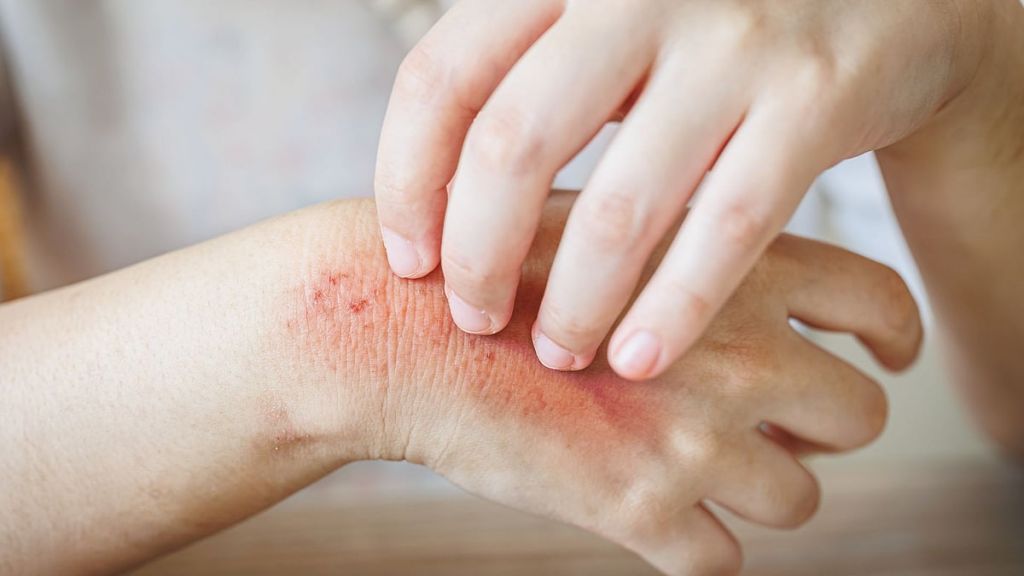
That irresistible relief from scratching an itchy rash comes from the mild pain it causes, which distracts the brain from the itch. This slight discomfort prompts the brain to release serotonin, often referred to as the 'feel-good hormone,' enhancing the sensation of pleasure.
“Scratching is often pleasurable, which suggests that, in order to have evolved, this behavior must provide some kind of benefit. Our study helps resolve this paradox,” explained Dr. Daniel Kaplan, a professor of dermatology and immunology at the University of Pittsburgh and senior author of the study.

How scratching triggers the immune system
Researchers found that scratching activates pain-sensing neurons, causing the release of a chemical called substance P. This chemical stimulates mast cells, which are immune cells responsible for releasing histamine and other chemicals during allergic reactions, leading to redness and swelling.
“In contact dermatitis, mast cells are directly activated by allergens, which drives minor inflammation and itchiness,” Kaplan noted. “In response to scratching, the release of substance P activates mast cells through a second pathway, so the reason that scratching triggers more inflammation in the skin is because mast cells have been synergistically activated through two pathways.” In short, not scratching your itch, like you are mostly advised to might actually aggravate the skin more and slow the healing process.
Is scratching good or bad for you?
— Vipin M. Vashishtha (@vipintukur) January 31, 2025
A new research uncovers how scratching aggravates inflammation & swelling in a mouse model of allergic contact dermatitis.
But, wait, the study finds that scratching also provides defense against bacterial skin infections. 1/ pic.twitter.com/JNg1szHdMq
Not scratching worsens skin damage
When mice with rashes were allowed to scratch, they experienced increased swelling and a buildup of neutrophils, a type of white blood cell that helps combat infections. Conversely, mice prevented from scratching showed significantly less inflammation and swelling, confirming that scratching can exacerbate skin damage and delay the healing process.
Scratching an itch could be good for you, by boosting your body’s defences against bacteria. https://t.co/VCtnaSUlUT
— New Scientist (@newscientist) February 5, 2025
A surprising benefit of scratching
Despite its downsides, scratching may offer protective benefits. Researchers observed that mast cells play a role in defending against bacteria and other pathogens. Further experiments revealed that scratching reduced levels of Staphylococcus aureus on the skin—a common bacterium responsible for skin infections, food poisoning, pneumonia, and bone infections.

Weighing the Risks and Rewards
“The finding that scratching improves defense against Staphylococcus aureus suggests that it could be beneficial in some contexts,” Kaplan remarked. “But the damage that scratching does to the skin probably outweighs this benefit when itching is chronic.”
Building on these findings, Kaplan is exploring new treatment options for inflammatory skin conditions such as dermatitis, rosacea, and hives. His latest research was published in the journal Science